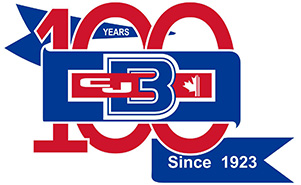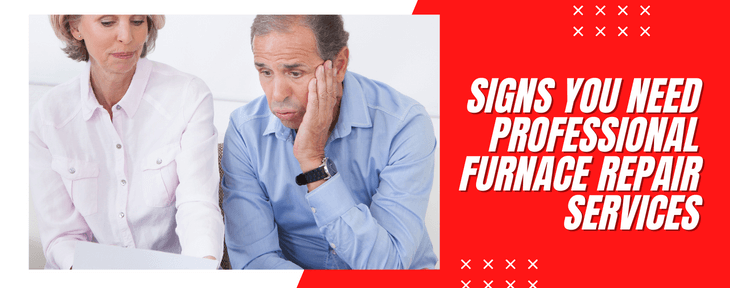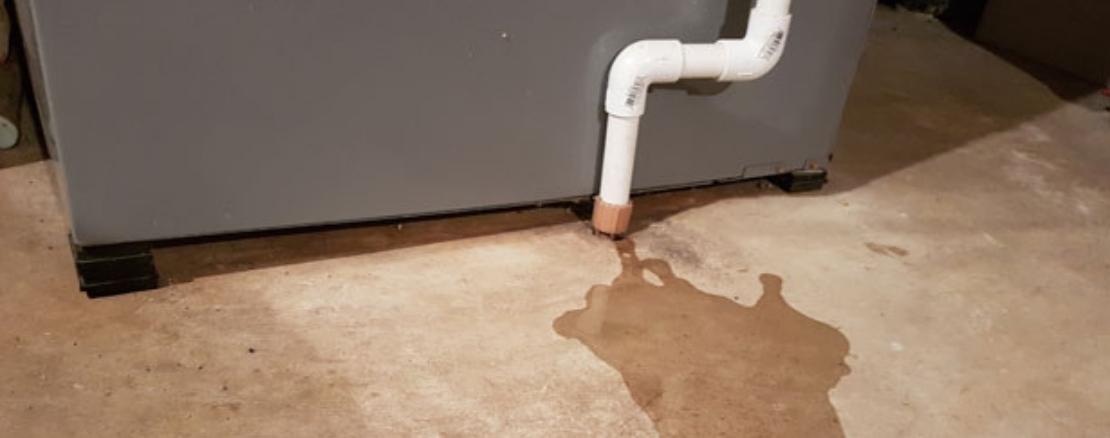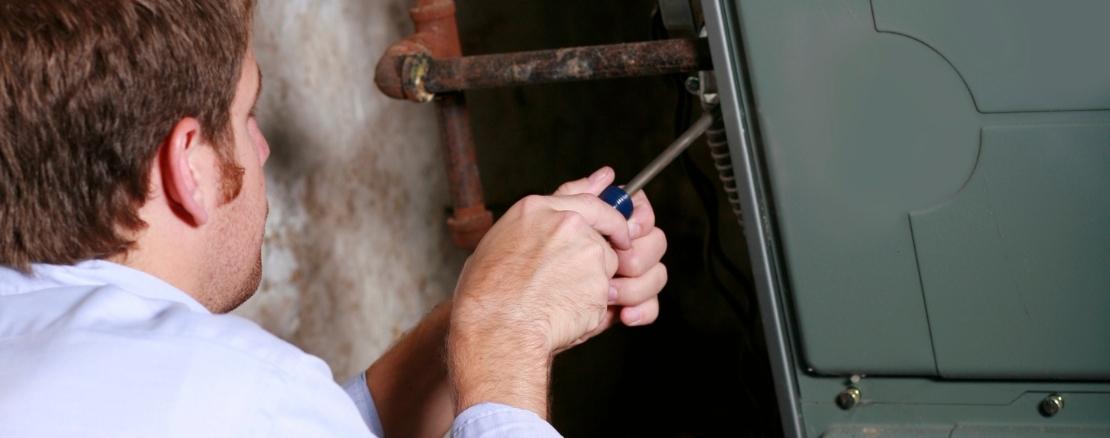There are often some signs that you need furnace repair in Kitchener before the unit fails completely. You should learn to recognize these signs and pay attention to them. The furnace is most likely to fail in winter when it sees the most use, and then residential furnace repair becomes urgent. Without it, you could experience burst pipes or hypothermia.
Here are some specific signs that you need to repair your furnace.
1. Unusual Noises
A furnace typically isn’t completely silent, and this is good because otherwise, it would be harder for you to tell whether it is working. When a furnace is working correctly, it usually makes a soft whirring sound. You may become so used to this sound that you hardly notice it anymore. However, if your furnace starts making unusual noises, these may attract your attention. Examples include rattling, banging, groaning, or unusual hums. Pay attention to these noises because they could signify that something inside your furnace has come loose or is not working properly.
2. Strange Smells
If you detect an unusual odour coming from your furnace, it could mean a problem with your combustion. Poor combustion can give off aldehydes, which are chemical compounds you can smell, as well as carbon monoxide, poisonous gas that you cannot. If your furnace is giving off strange smells, it doesn’t necessarily follow that it is also giving off carbon monoxide, but because the possibility exists and carbon monoxide is so dangerous, you should have the furnace checked out promptly.
Note that it is normal for a furnace to give off a strong smell when you first have it installed, or when you first turn it on after a long summer. However, if the smell occurs out of nowhere, doesn’t gradually fade away, or starts to intensify it is a sign of a potential problem.
3. Water Leaks
A water leak can occur if you have a humidifier attached to your furnace that is not working properly. If you do not have a humidifier, the furnace’s internal drain system or condensation line may be broken or clogged. A water leak from your furnace is usually easy to fix, but if you do not address it immediately, it could cause other complications.
4. Uneven Heating
It is unlikely that your heater will keep every room in the house at exactly the same temperature at all times. For example, the basement is usually several degrees cooler than the upstairs area of the house. Nevertheless, the heating should generally be even. If you have two vastly different temperatures in similar areas of the house and there isn’t another explanation for it, e.g., a draft from a window, it could be a problem with the heater requiring residential furniture repair.
5. Unexplained Increase in Energy Bills
Of course, energy bills tend to fluctuate with the season. Your heating bill goes down in the summer when you are not using the furnace as much and then increases during the winter. However, if you see increases that are not explained by the changes in the season, it may mean that there is something wrong with your furnace that is affecting its energy efficiency. You should have it checked out right away, especially if it occurs alongside other warning signs of furnace problems.
Call CJ Brubacher for Professional Furnace Repair in Kitchener
If your furnace breaks down, it is typically at an inconvenient time, such as a cold winter night. We offer 24/7 residential and commercial furnace repair so that you can call for help whenever you need it. With an A+ rating from the Better Business Bureau and nearly 100 years in the business, you can trust us to diagnose and repair your HVAC system. Find out more about our heating services.







